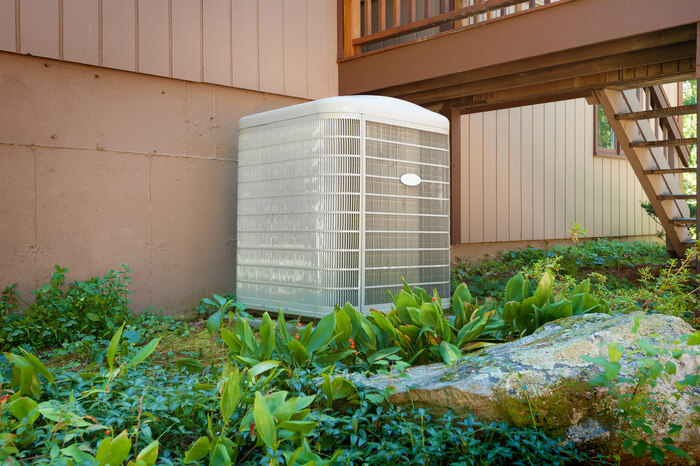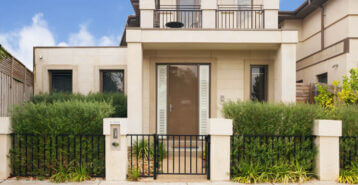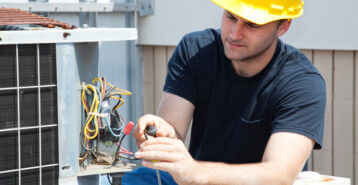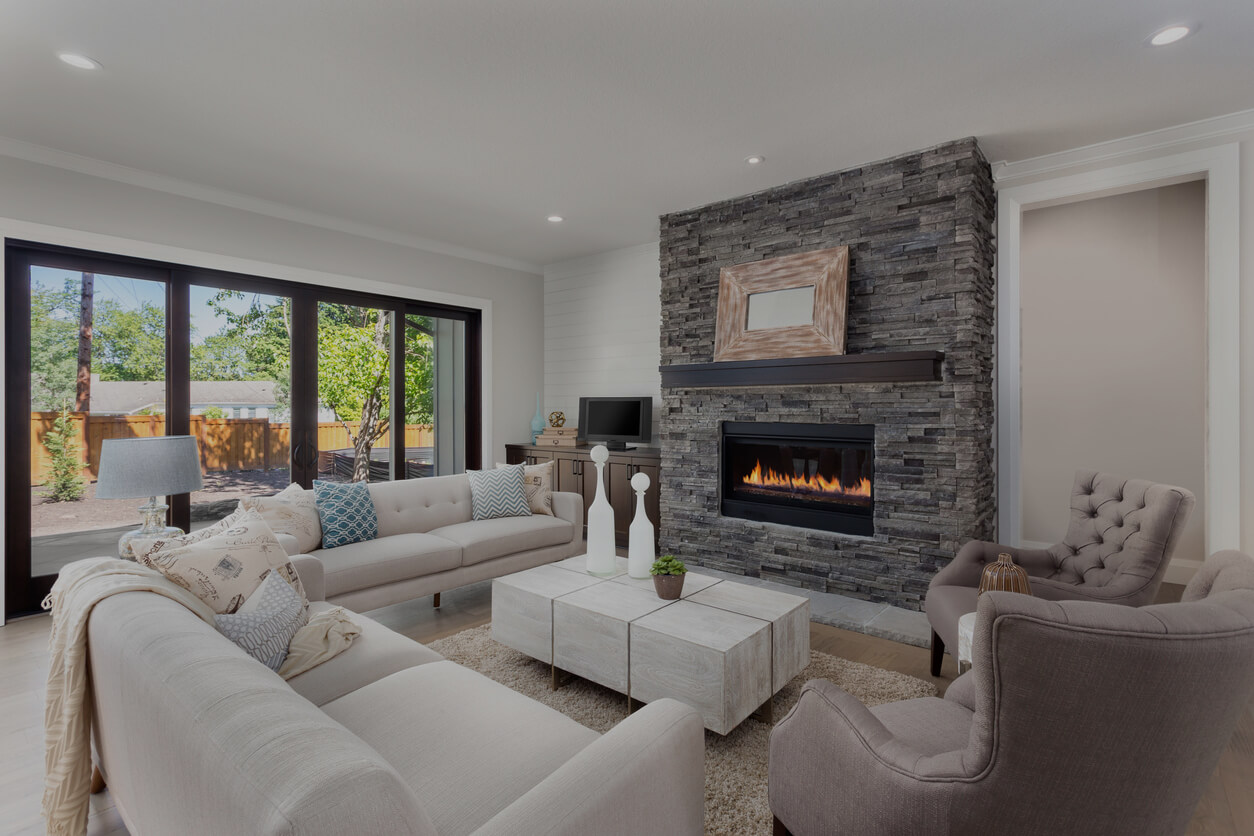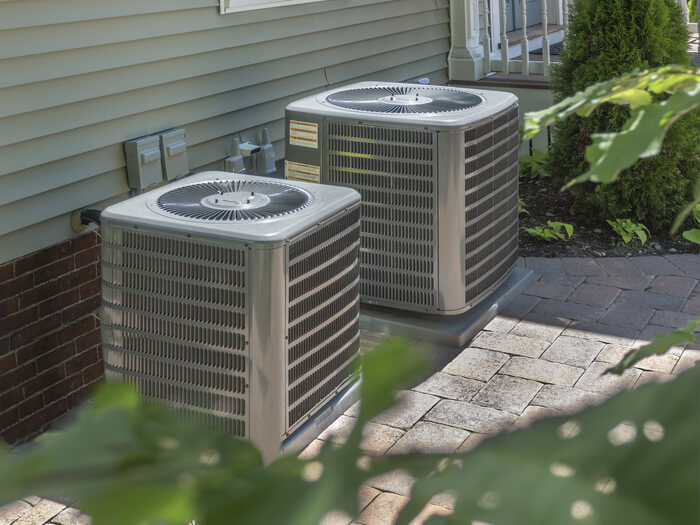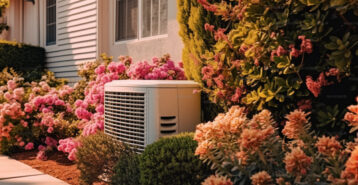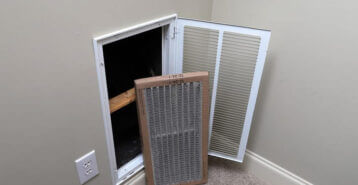How Do I Find the Right HVAC System?
Choosing the right HVAC system for your home depends on several key factors, including your climate, the size and age of your home, your energy goals, and your budget. A well-chosen system can improve your comfort, reduce your energy bills, and even increase your home’s value. Below, we break down the major types of heating, cooling, and combination systems so you can make an informed, confident decision.
Heating Systems: How to Choose
Your home’s heating system plays a major role in overall comfort. When choosing a system, consider your climate, heating needs, efficiency goals, and how quickly you want your home to warm up in colder seasons.
Furnace
A furnace heats air and distributes it through ducts using a blower motor. Most furnaces run on natural gas, but electric and oil versions exist as well.
- Cost: $4,000 to $10,000
- Pros: Heats quickly; reliable in very cold climates; long lifespan.
- Cons: Requires ductwork; gas models need proper ventilation.
- Best for: Homeowners in cold climates who want fast, powerful heating.
- Where to Avoid: Homes without ducts or homeowners wanting the lowest energy consumption.
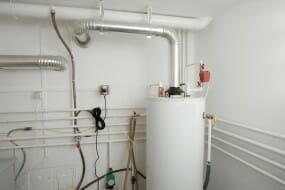
Central Heat (Boiler or Radiant System)
Central heating systems use a boiler to heat water, which then circulates through radiators or underfloor tubing to warm the home.
- Cost: $6,000 to $12,000
- Pros: Even, comfortable heat; quiet operation; no ductwork required.
- Cons: Slower to heat; repairs can be costly; not energy-efficient in warm climates.
- Best for: Homes in cool or cold regions; homeowners who prefer consistent radiant heat.
- Where to Avoid: Hot climates or homes that need AC ducts.
Heat Pump (Heating Mode)
Heat pumps pull heat from the air or ground and move it indoors. Modern cold-climate models can operate efficiently even in below-freezing temperatures.
- Cost: $6,500 to $12,000
- Pros: Highly energy-efficient; provides both heating and cooling; works with or without ducts.
- Cons: May need supplemental heat in extremely cold climates.
- Best for: Homeowners looking to reduce energy bills year-round.
- Where to Avoid: Regions with long-term extreme subzero temperatures (unless paired with backup heat).
Cooling Systems: How to Choose
Choosing the right cooling system depends on your climate, home design, and how frequently you use air conditioning during warmer months.
Central Air Conditioning
Central AC uses a condenser outside and an evaporator coil inside to cool air, which is then delivered through ducts.
- Cost: $6,465 to $11,877
- Pros: Cools the entire home evenly; works well with furnaces.
- Cons: Requires ductwork; efficiency varies by model.
- Best for: Homes that already have ducts or want whole-home cooling.
- Where to Avoid: Homes without ductwork or those looking for the lowest upfront cost.
Heat Pump (Cooling Mode)
In cooling mode, heat pumps work like central AC but are more energy-efficient.
- Cost: $6,500 to $12,000
- Pros: Very efficient; provides both heating and cooling; can be ducted or ductless.
- Cons: Installation can be more complex.
- Best for: Homeowners looking for a long-term, energy-saving system.
- When to Avoid: You want the simplest possible installation or are on a tight budget.
Ductless Mini-Split
A ductless mini-split has an outdoor condenser and indoor wall-mounted air handlers for zoned cooling. Larger homes often require a multi-split system.
- Cost: $1,500 to $18,200 depending on number of zones
- Pros: No ducts required; very efficient; zoned temperature control.
- Cons: Multiple indoor units may be needed; visible wall units.
- Best for: Homes without ductwork; additions; multi-level homes needing zone control.
- When to Avoid: You don’t want visible indoor units.
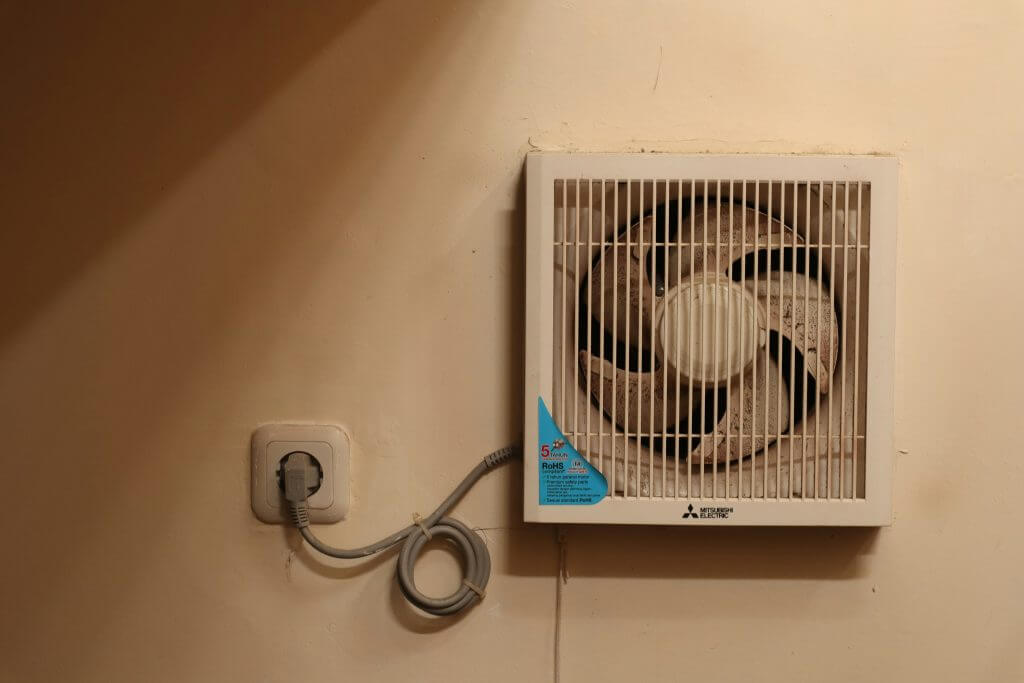
How Long Do HVAC Systems Last?
Most HVAC systems last 15 to 20 years with proper maintenance. Boilers and radiant systems can last 20 to 35 years, while heat pumps generally last 10 to 15 years. Climate, maintenance, usage, and installation quality all impact lifespan.
How to Tell if It’s Time to Replace Your HVAC System
You may need to replace your HVAC system if you notice:
- Rising energy bills.
- Hot and cold spots in your home.
- Frequent or expensive repairs.
- Strange noises or smells.
- Poor airflow.
- System age over 15 to 20 years.
- Your home is no longer staying comfortable.
Best HVAC Brands
Some of the most trusted HVAC brands for 2025 include:
- Trane: Known for reliability and durability.
- Carrier: Excellent performance and energy efficiency.
- Lennox: Industry leader in high-efficiency systems.
- Rheem: Strong value and dependable systems.
- Goodman: Affordable and widely available.
- Mitsubishi Electric: Top pick for ductless mini-splits.
Next Steps
Choosing the right HVAC system can feel overwhelming, but the right guidance makes all the difference. Think about your climate, comfort preferences, energy goals, and budget as you compare your options. Modernize can connect you with trusted local HVAC contractors who can evaluate your home, recommend the right system, and provide competitive quotes to get your project started with confidence.
Compare top-rated HVAC pros in your area.
Read real homeowner reviews, explore qualifications, and view promotions. Modernize makes it easy to browse professionals and find one that will be perfect for your project.
